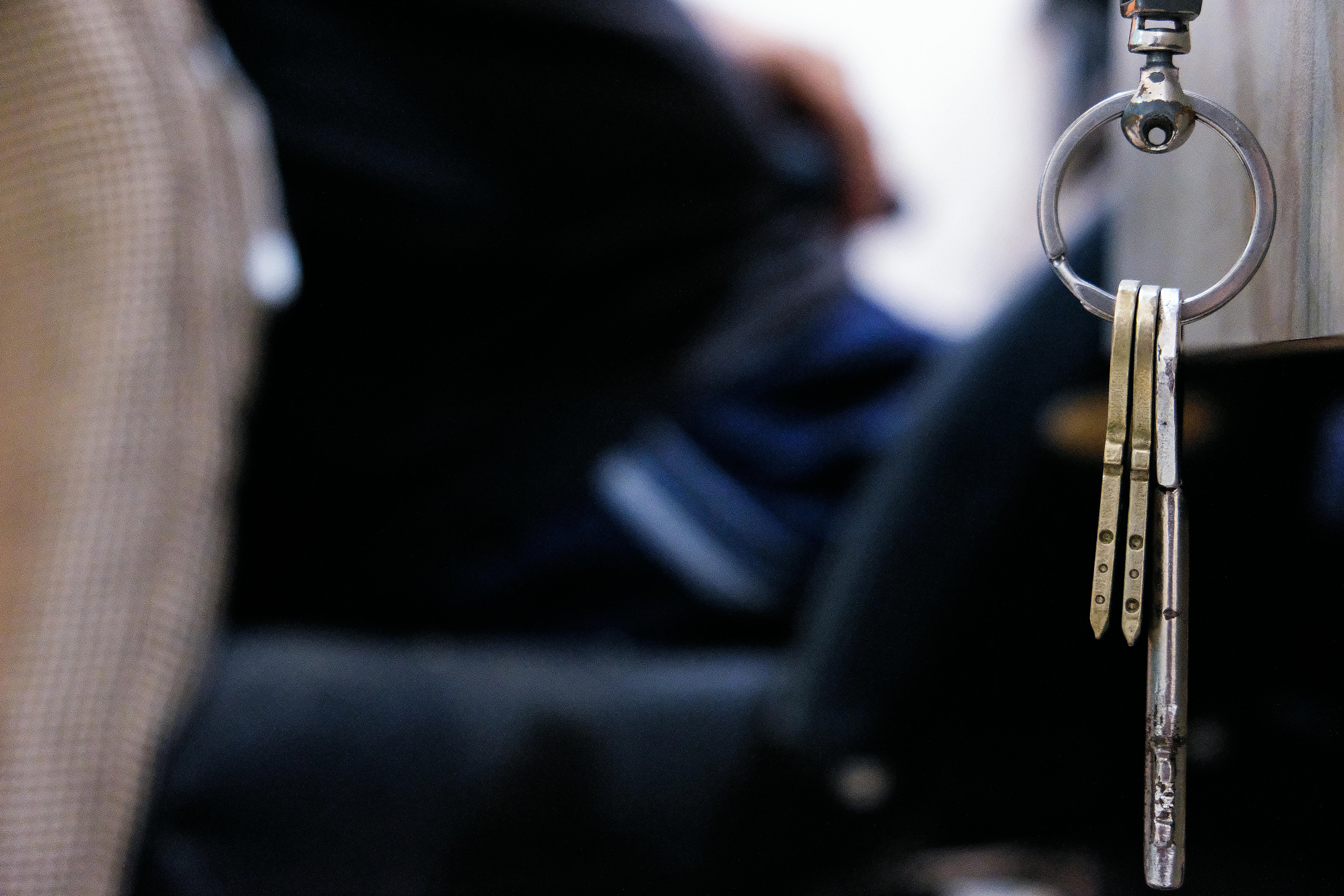
Are you still using your birthday or pet’s name as your password? It’s 2025, and hackers are now utilizing advanced AI tools to break into online accounts. India’s digital growth is impressive, but our cybersecurity habits are not keeping pace. This blog will explain the growing password crisis in India, why it is a serious issue, and how you can better protect yourself online with improved password habits and emerging technology.
A National Problem That Needs Attention
India now has more than 850 million internet users. Services like UPI, DigiLocker, Aadhar, and online banking have made our lives significantly easier, but they also require strong protection. Unfortunately, many users are still using weak or repeated passwords. Common examples include “India@123”, “Password123”, or even someone’s phone number. These passwords are simple to guess and, if one account is hacked, all others using the same password can be compromised easily.
Most Common Passwords Are Still Weak
A 2025 global study found that 94% of passwords involved in data leaks were either reused or very weak. Frequently used passwords include “123456”, “qwerty”, and “admin”. While these passwords are easy to remember, they are also the easiest to crack. In India, especially where digital platforms are linked to personal ID, bank accounts, and health records, employing a weak password can lead to severe consequences. One leaked password can open the door for hackers to access all your digital services.
The Danger of Credential Stuffing
Credential stuffing is a method where hackers utilize stolen usernames and passwords from one site to gain unauthorized access to other accounts. They employ software that can quickly test thousands of combinations. If you use the same password for your email, shopping, and bank accounts, a hacker only needs to successfully break into one to gain access to everything. It’s akin to having one key for your home, office, car, and locker; if you lose it, everything is at risk.
Everyone Is at Risk – Even Famous People
Weak passwords are a universal issue, affecting everyone including well-known figures. Notably, one U.S. politician was found to be using “123456” across multiple accounts. In India, government officers and professionals sometimes let assistants manage their digital accounts without proper security measures in place. As governmental services continue to migrate online, these practices become exceedingly dangerous. They jeopardize sensitive data and cultivate environments ripe for cybercrime.
Passkeys: A Better and Safer Option
Passwords are becoming increasingly obsolete. Major tech companies like Google, Apple, and Microsoft are now endorsing passkeys. A passkey allows you to log in using your fingerprint, face scan, or a trusted device such as your smartphone. This approach is inherently safer because there is no password to steal. Additionally, Indian apps and websites are beginning to incorporate this feature. It is faster, more secure, and user-friendly.
What You Can Do Today
You do not need to wait for others to take the initiative in securing your digital life. Here are five straightforward steps you can implement:
- Use a Password Manager – Tools like Bitwarden or 1Password assist in creating and storing robust passwords.
- Enable Two-Factor Authentication (2FA) – This provides an extra layer of security for your accounts.
- Avoid Using the Same Password Everywhere – Ensure that each account has a distinct password.
- Try Passkey Features – If a service offers passkey login, take advantage of it.
- Educate Your Family and Friends – Help others understand the significance of maintaining strong passwords.
Final Thoughts
India’s digital future brims with potential. However, to safeguard that future, we must cease the habit of using simple, weak, or repeated passwords. Begin utilizing tools that enhance your online safety. Change your passwords today, experiment with passkeys, and encourage others to do the same. Password security is not merely an individual concern – it impacts our entire digital society.
